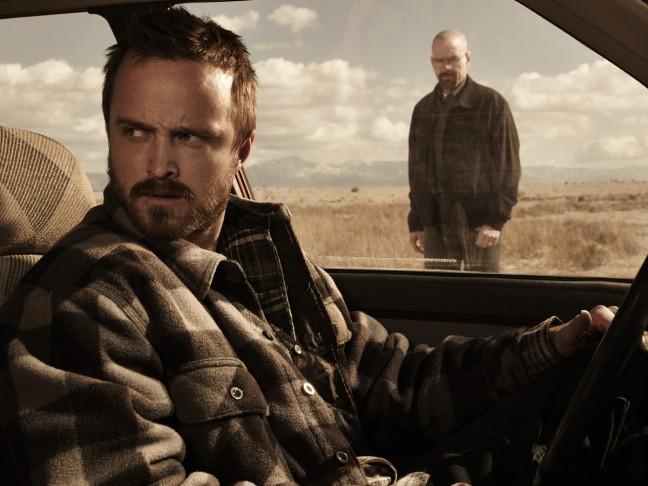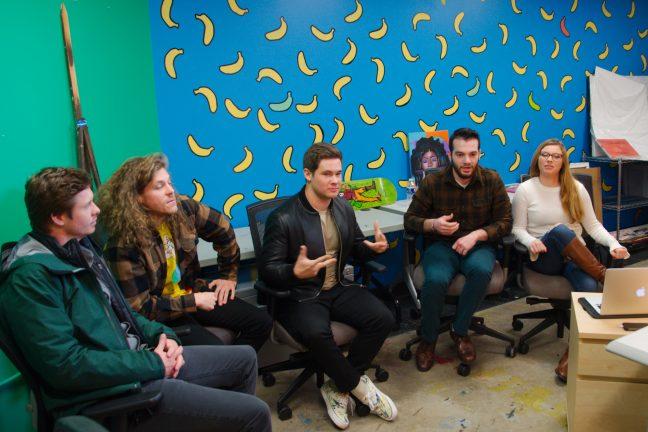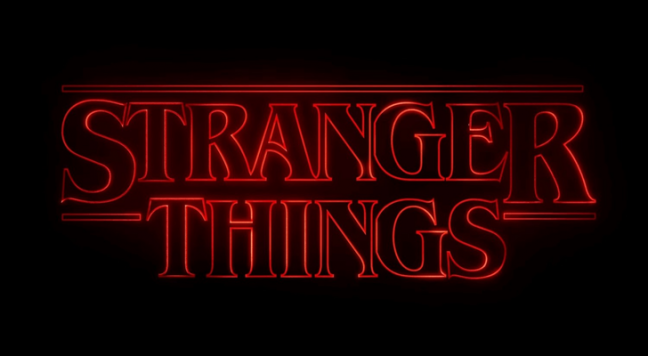“Life moves pretty fast,” an iconic film character once opined. “If you don’t stop to look around once in a while, you might miss it.”
And thus begins the harebrained schemes of Ferris Bueller, part-time student, full-time troublemaker and faker extraordinaire. It’s unnecessary to summarize the plot of the 1980s film that made its way into popular culture. Despite its prominence in media, shockingly few people have actually sat down and watched “Ferris Bueller’s Day Off” from beginning to end.
However, with its recent release on Netflix, nostalgic students who were forced to resort to grainy clips on YouTube (or turn into a swashbuckler) can now ‘save Ferris’ again – perhaps for the first time. Thankfully, “Ferris Bueller’s Day Off” isn’t one of those films that loses something from being watched on a laptop screen.
The movie has aged gracefully in other ways as well (apart from the horrid 1986 fashion, of course). Matthew Broderick (“New Year’s Eve”) is still happy-go-lucky, yet cunningly deceitful. Mia Sara (“Dorothy and the Witches of Oz”) is still beautiful, and Alan Ruck (“Shanghai Calling”) is still the awkwardly loveable Cameron. Time hasn’t changed the universal qualities of this buddy movie, and “Ferris Bueller’s Day Off” still stands as an exemplary representation of the genre.
And the scene with Charlie Sheen is, obviously, unintentionally humorous.
What’s especially interesting about rewatching the movie, however, is how our own generational perspectives have changed. No longer are we innocent high school students living with our parents, hanging out on the weekends with school only an afterthought. We’re in college, and that changes everything.
It’s bittersweet to follow the protagonists as they seek out their final huzzah of high school life. On the one hand, it’s easy to feel kinship with Ferris and his gang, wanting nothing more than to return to the good ol’ days. On the other hand, we can scoff, knowing college isn’t something to be feared, but embraced. Which of these viewpoints is right? Answers will vary on how the viewer interprets Ferris’ actions.
No matter which side of the fence you stand on, a particular set of dialogue between Cameron and Sloane will definitely have college students nodding their heads in appreciation: “I don’t know what I’m gonna do,” Cameron says, betraying his fear of the future. Sloane comforts him: “College,” she responds.
“But to do what?”
But to do what, indeed. Everyone has had the same thought at one point or another: What will I do with my life? Where will I go? Watching “Ferris Bueller’s Day Off” as an adult is, at the same time, nostalgic and sobering.
No matter if you’re a college student who’s reveling in the vagaries of undergrad life or moping inside the dorms homesick for your friends, “Ferris Bueller’s Day Off” is a worthy pick to curl up on the couch one evening, grab a snack and reminisce about the past.
At the end of the film, beyond the end credits, Ferris reappears in a towel. “You’re still here?” He speaks to the audience. “It’s over. Go home. Go.”
If we only could.













